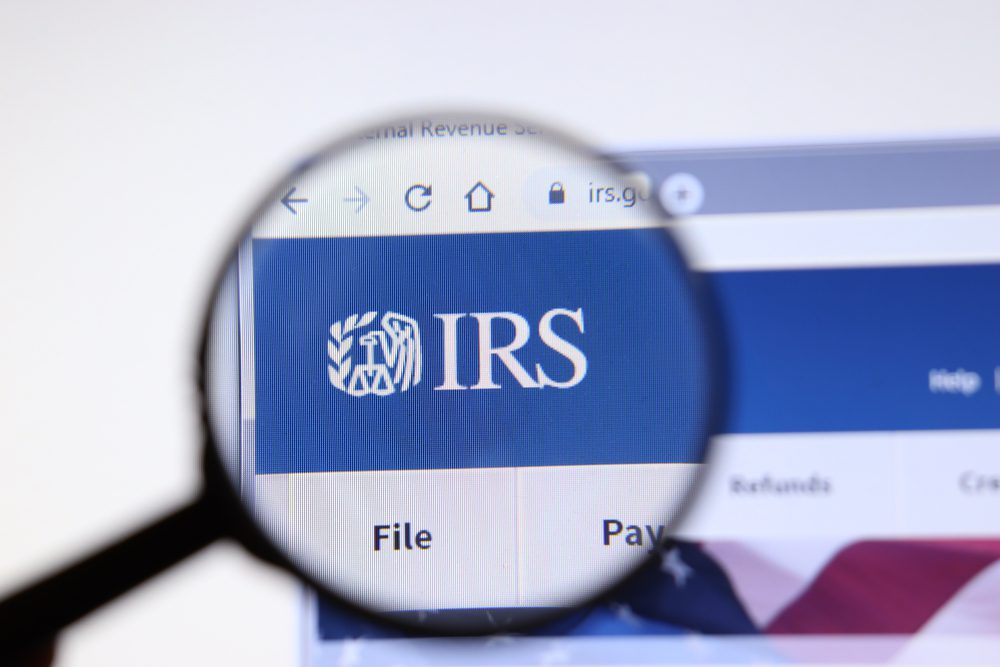
Tax and debt collection
It’s not employers who use social media sites to check up on people. In recent years, IRS and debt collectors have also been using these platforms to track down people who haven’t paid their dues.
If you’re late on your taxes or debts, the last thing you want to do is brag on social media about your expensive purchases, not when the IRS might also be watching your flashy display. If you are a freelancer and not fully reporting your income from freelancing activities, don’t give any details on social media sites, unless you want to end up with an audit on your hands.
The same goes for insurance companies. If you want to continue collecting on a disability or any other insurance claim, don’t discuss the issue on social media and give them a reason to check further into the matter unless you want that money to stop coming your way.
























1 thought on “7 Ways Social Media Could Destroy Your Finances”
You omitted part of the ’employment’ risk of social media. Some organizations have policies – which are legally enforceable – stating that social media posts by employees can be grounds for dismissal. This could be for a number of reasons, such as sharing confidential company information or even just ripping the place up online. Like “I work at the ABC Medical Hospital and let me tell you they do not care about the patients. The hospital president is only concerned with making a lot of money and the doctors are terrible.” Kiss that job goodbye, and hope your NEXT employer doesn’t find out why you’re not with your previous employer anymore.
Nu mai există comentarii de afișat.